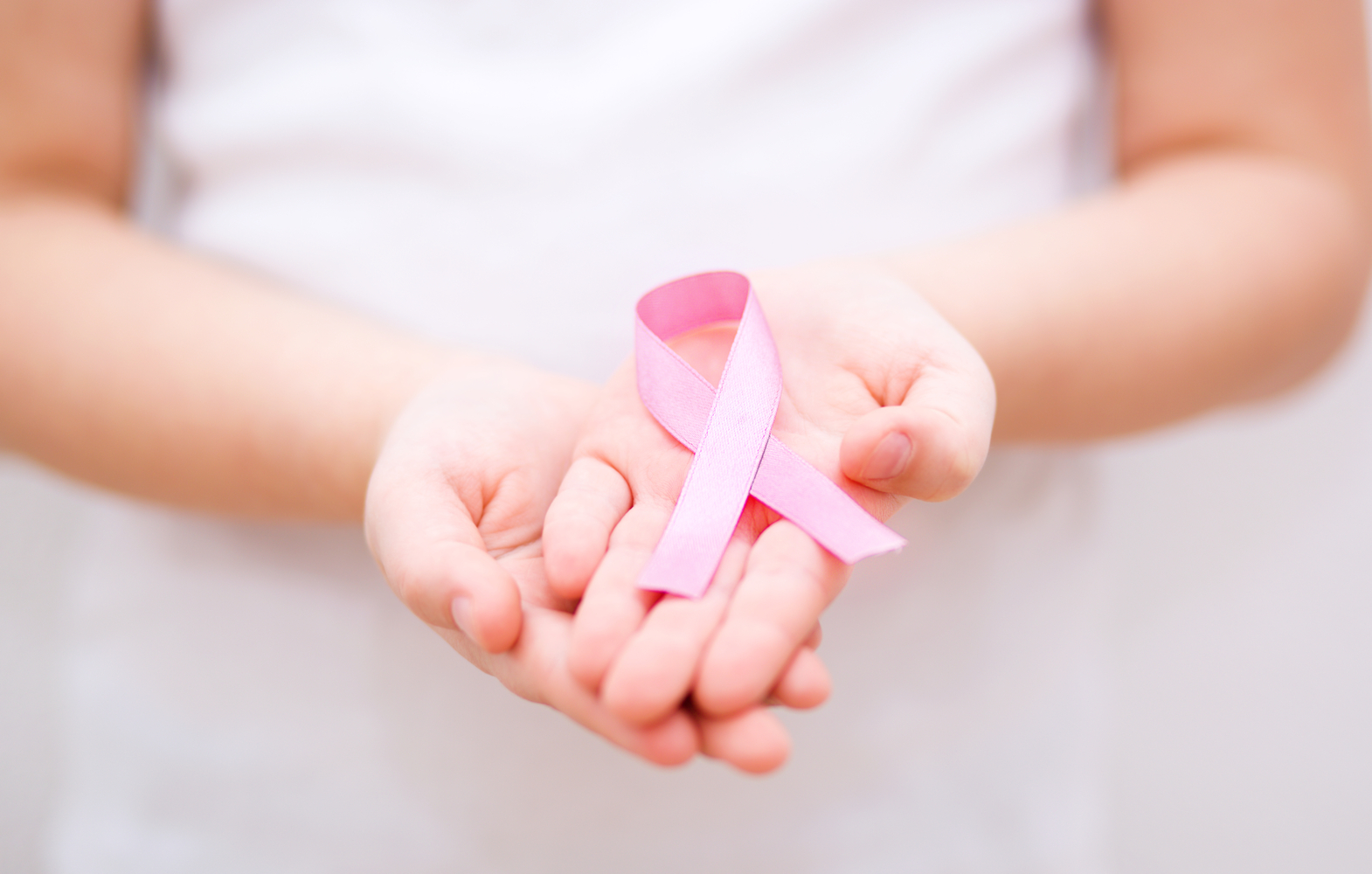
Common Risk Factors for Breast Cancer
Cancer occurs when the body’s cells begin to mutate and grow at a rapid rate. Breast cancer is one of the most commonly diagnosed forms of cancer, originating in the tissue in or around the breast. It is one of the leading cancers causing deaths among women. As with any cancer, early detection is essential, and knowing what to look for (i.e., symptoms such as lumps and changes in breast texture or nipple appearance) is vital to diagnosis.
In this article, we discuss some common risk factors for breast cancer and how you can avoid them:
1. Smoking
Cigarettes are known to be a contributor to multiple types of cancer, including breast cancer. The harmful chemicals in cigarettes damage your cells over time, eventually causing them to mutate. There may even be a link between heavy exposure to second-hand smoke and breast cancer. If a breast cancer diagnosis is made, efforts to cease smoking should be made right away, since there is a chance cancer treatments will be impacted by the habit.
2. Obesity
Obesity is linked to a wide range of health conditions, including diabetes, heart disease, and all forms of cancer. Since fat cells are the body’s main way of storing and producing estrogen after menopause, being an obese women over the age of 50 puts you particularly at risk. The higher your levels of estrogen, the greater the chance you have of contracting breast cancer, making it important to maintain a healthy weight as you age. A higher body fat percentage even makes remissions more likely for women who’ve already had cancer.
3. Taking hormones
Links have been shown between hormone replacement therapy and breast cancer. HRT is commonly prescribed to perimenopausal women to help ease the symptoms of menopause, such as hot flashes, anxiety, and headaches. There are two types of hormone replacement therapy. One uses only estrogen and is only considered to increase your risk of breast cancer if used for more than a decade. The other uses a combination of both estrogen and progesterone and is known to increase breast cancer risk by about 75%, no matter how long it’s taken for, as well as increases mortality rates among individuals who do end up with breast cancer.
4. Drinking excessive alcohol
Your liver processes almost everything that goes into your body, including the hormone estrogen. High levels of estrogen are a known risk factor for breast cancer. High levels of alcohol consumption may affect how the liver is able to process excess estrogen in the body, leading to a buildup of the hormone that may contribute to the growth of cancer cells. The risk may also be increased by DNA damage from repeated overuse of alcohol. Just 3 drinks a week increase your chances of breast cancer, with more drinks correlating to higher risks.
5. Family history of breast cancer
This is the one risk factor you truly can’t control. Your risk for breast cancer rises if a close relative like your mother or sister have had the disease. If several more distant family members have contracted breast cancer, the chances rise as well. For example, having close relatives with a history of breast cancer increases your odds by five times. Researchers aren’t clear how much of this increased risk is due to normal hereditary factors and how many are caused by a passed-on genetic mutation in the BRCA1 or BRCA2 genes.



